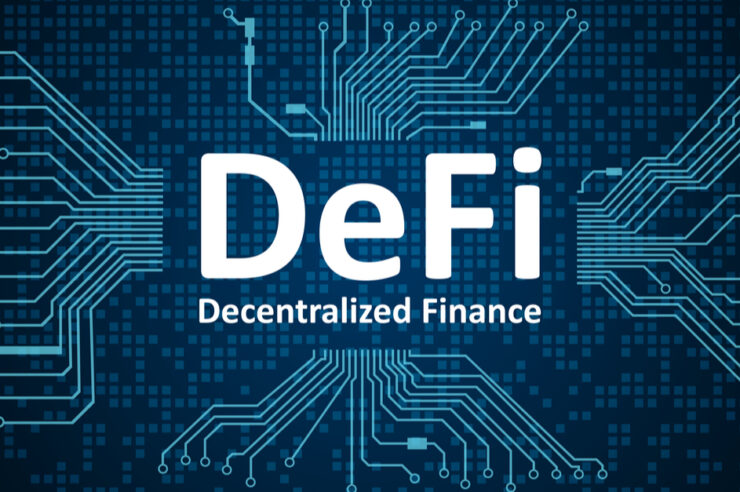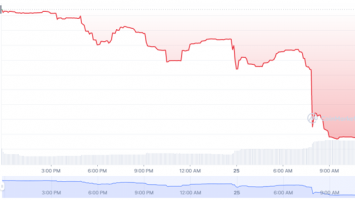Brian Brooks, head of the US Office of the Comptroller of the Currency, wrote about the possibility of DeFi paving the way for self-driving banks. As a prominent and favorable figure in the crypto community, Brooks has once again supported the case for decentralized technology by discussing the positive sides of DeFi.
Brooks notes that people should prepare for self-driving banks in the near future just as they have once envisioned self-driving cars in the early 60s.
The automotive industry brought these cars of the future far earlier than most have expected, especially the legal and safety regulators. As such, autonomous vehicles brought new risks that today’s world has never even considered – with no agencies regulating them.
In the opinion of Brian Brooks, the banking sector is heading towards the same road. Fueled by the power of decentralized finance (DeFi), disruptive blockchain technology has the ability to completely revolutionize the way modern humans handle finance.
For the head of America’s biggest banking regulator, safety is critical for every financial institution. Officers, such as chief risk officers and chief audit executives, are mainly responsible for this aspect. Moreover, Brook’s adds that they regulate bankers and not banks.
DeFi brings a twist to this traditional order as it brings blockchain technology. By all means, it entirely removes the need for human interaction and intermediation. Developers can on their own create entire money markets that use normal rates set by a banking committee.
Some of these tech enthusiasts even create decentralized exchanges that run without brokers, loan officers, or credit committees. The OCC head states that these new entities are not small, calling them ‘self-driving banks.’
Brian Brooks Suggests legacy Finance to Transform to DeFi Self-Driving Banks
DeFi protocols bring both challenges and benefits to the average individual, much like autonomous vehicles. The positive sides are that users can find the best interest rates via algorithms and avoid discrimination conducted by borrowers.
The entire structure can prevent internal fraud and corruption by not having financial institutions be run by humans.
However, there are risks as well. Decentralized Finance presents liquidity risks, much higher asset volatility, and questionable loan collateral management.
Just like with the case of self-driving cars, federal regulators may jump in to fill the void. By doing so, the result would be the creation of inconsistent rules that impede the market’s development.
Ultimately, Brian Brook’s statement is that federal regulators should create a clear, concise, and consistent set of regulations.
He advocates for the revision of old 20th-century banking rules which prevent non-human financial entities from having the same rights as banks. Calling them ‘antiquated rules’ he supports the implementation of modern regulations under which DeFi could work in the real world.
Moreover, Brooks argues for the complete transition of legacy finance to decentralized finance. For him, it creates a world without human errors and vices. Specifically, he states:
“Could we usher in a future where we eliminate error, stop discrimination, and achieve universal access for all? Optimists like me think so. How different would banking in the US be today if regulators, bankers, and policymakers were as bold as carmakers 10 years ago?” Says Head of the office of the Comptroller of the Currency Brian Brooks





Comments (No)